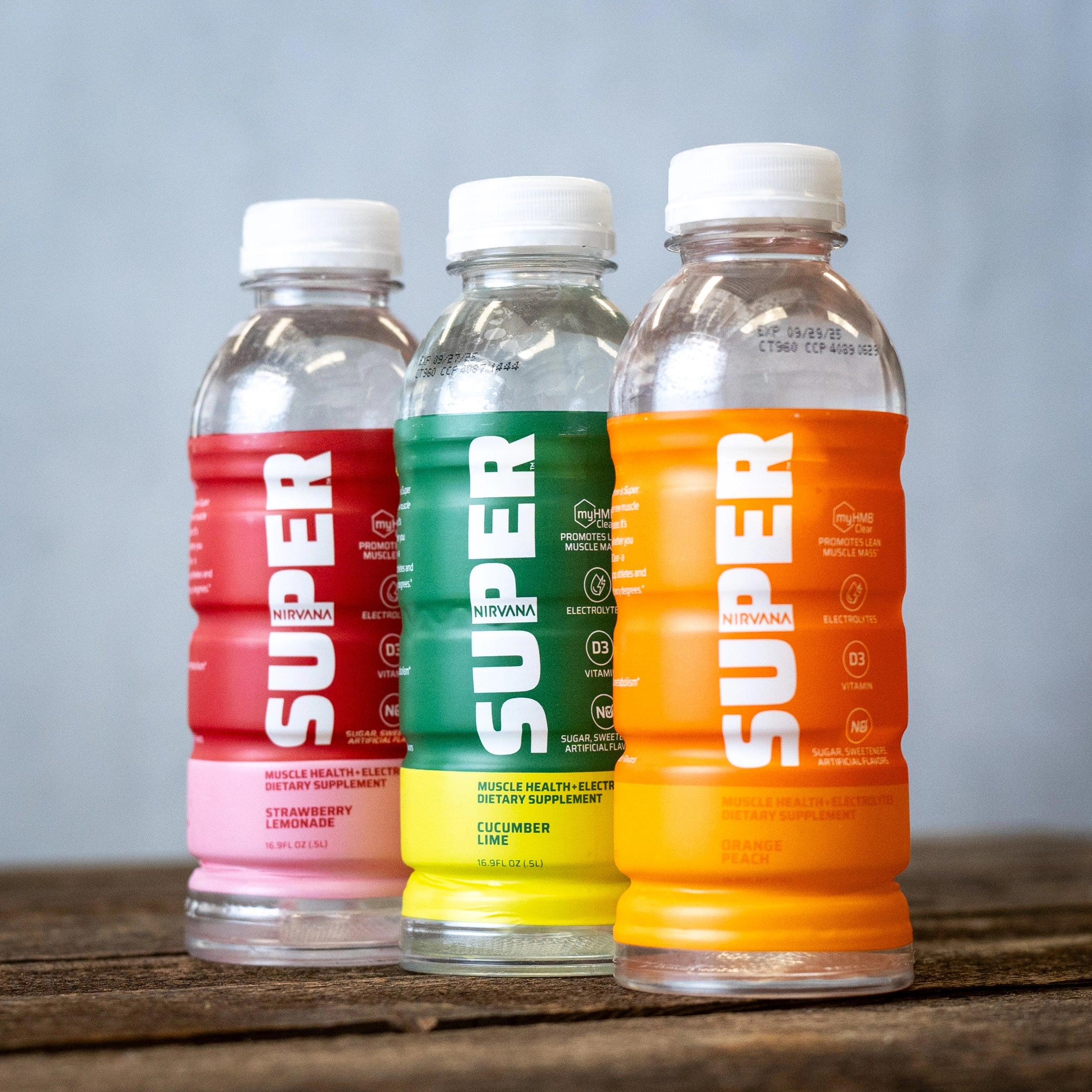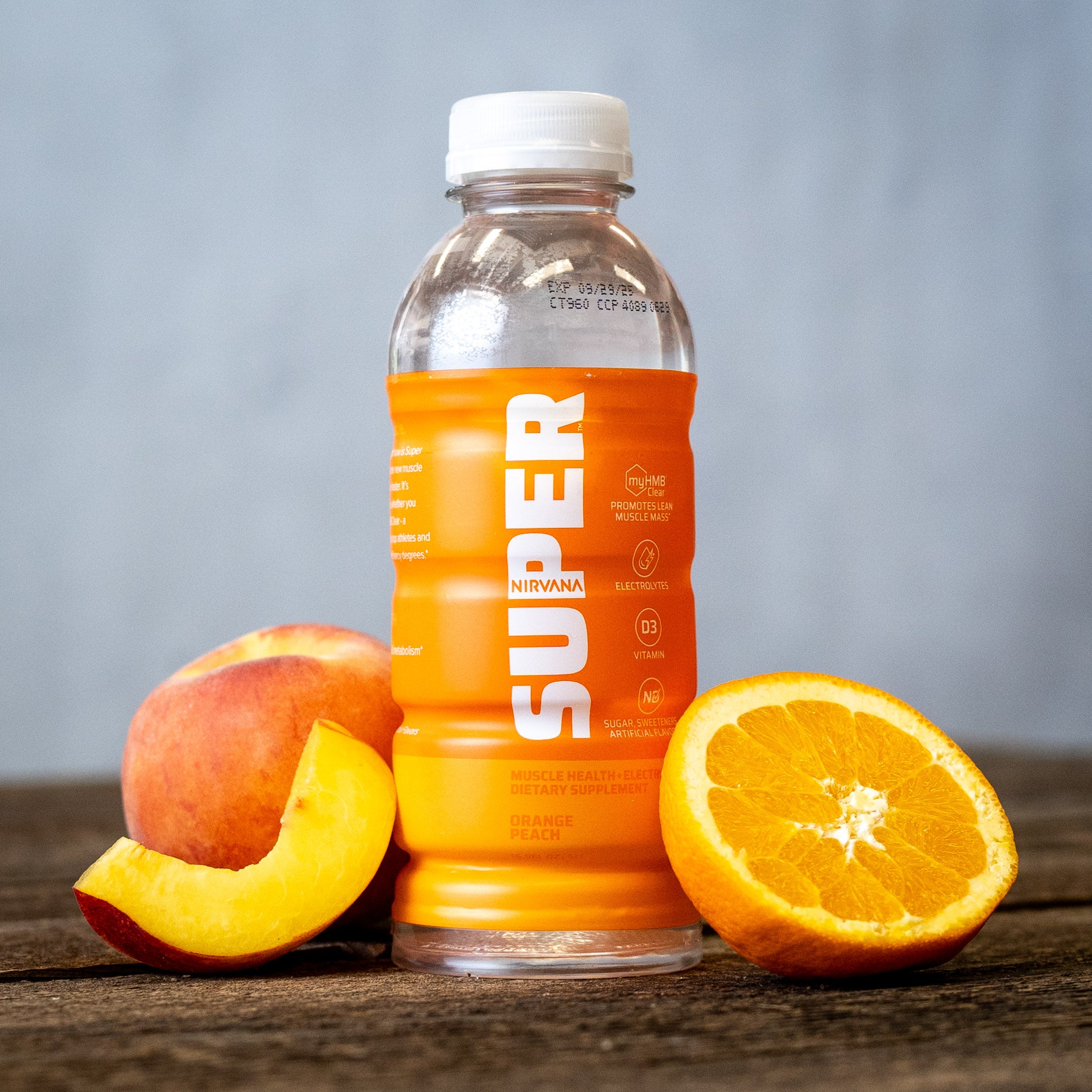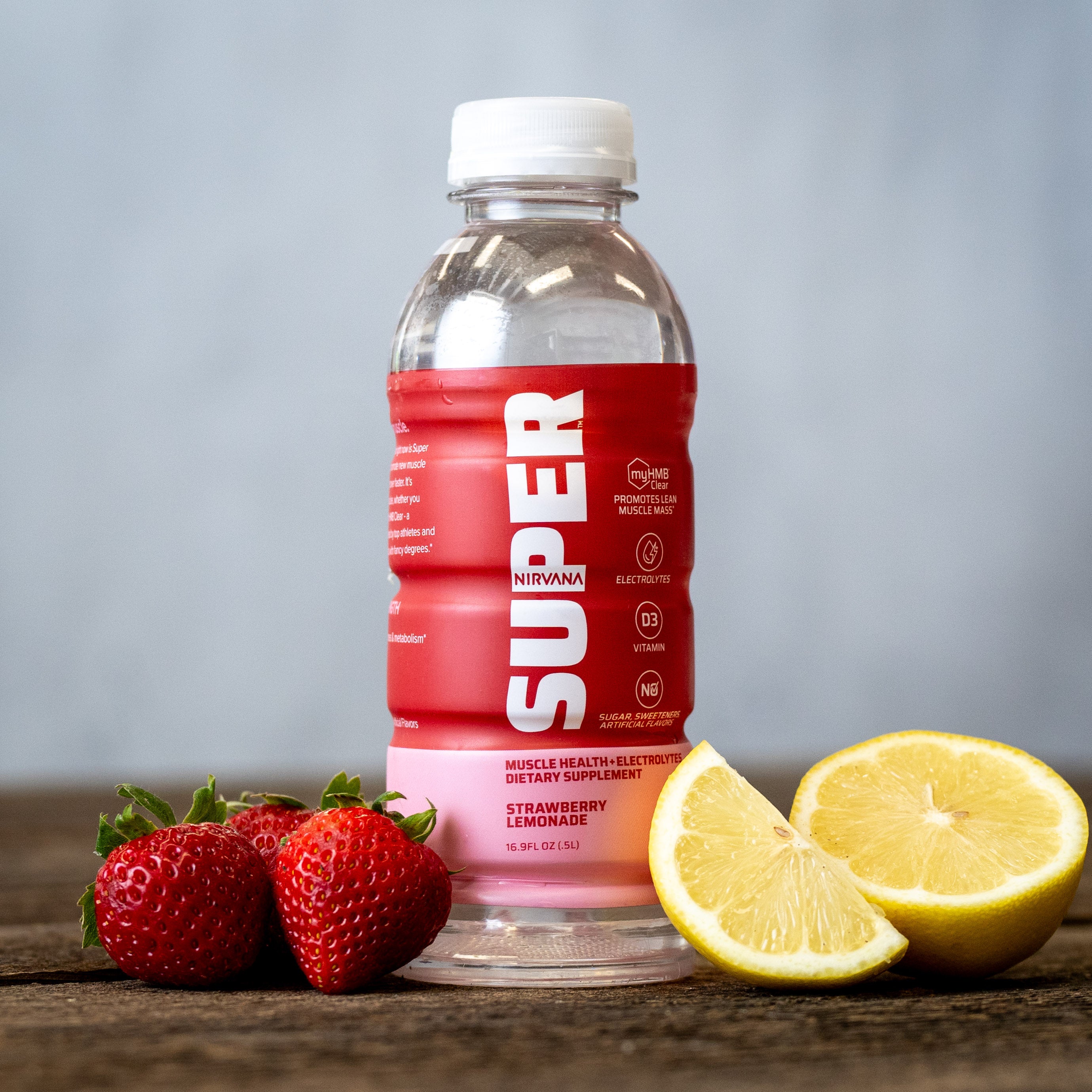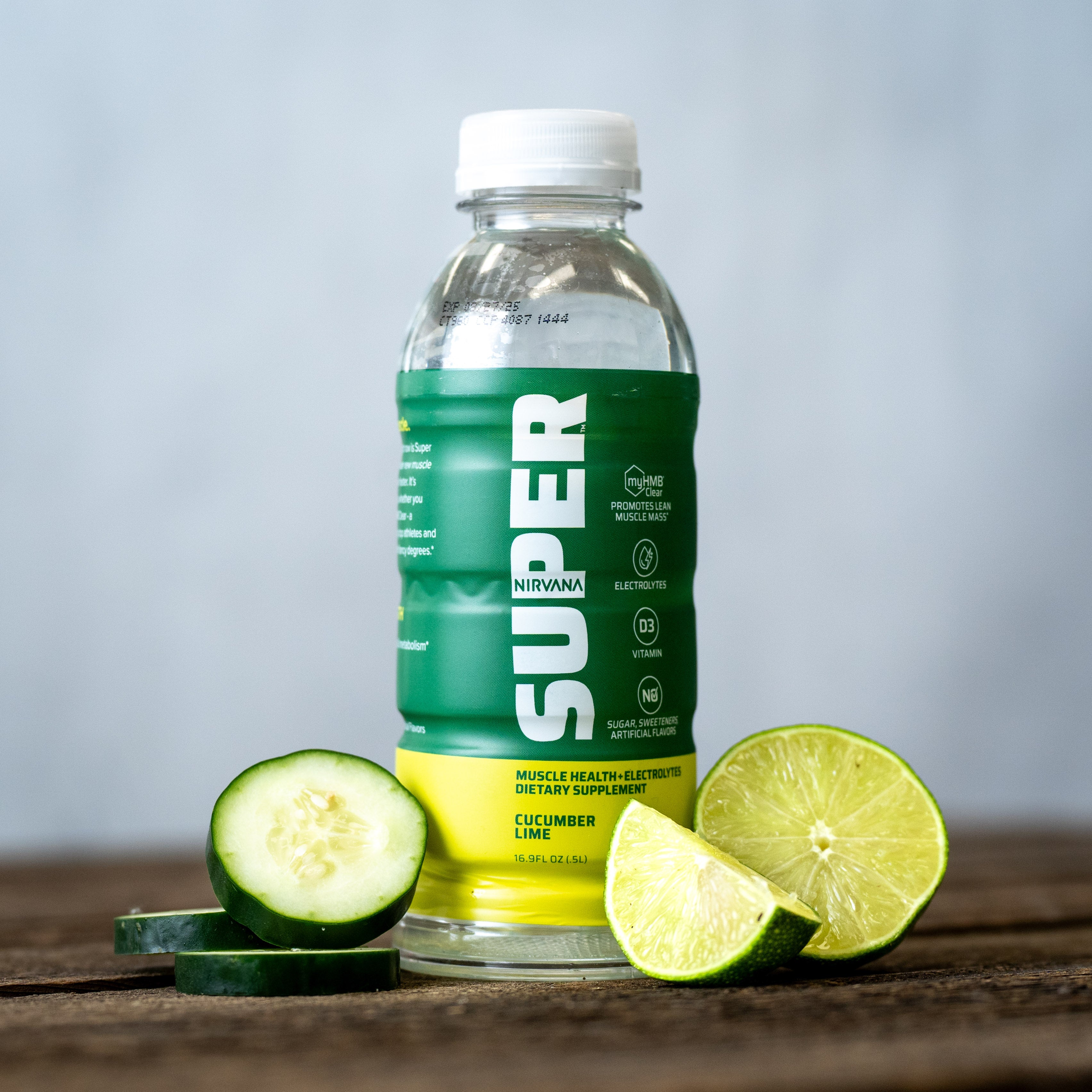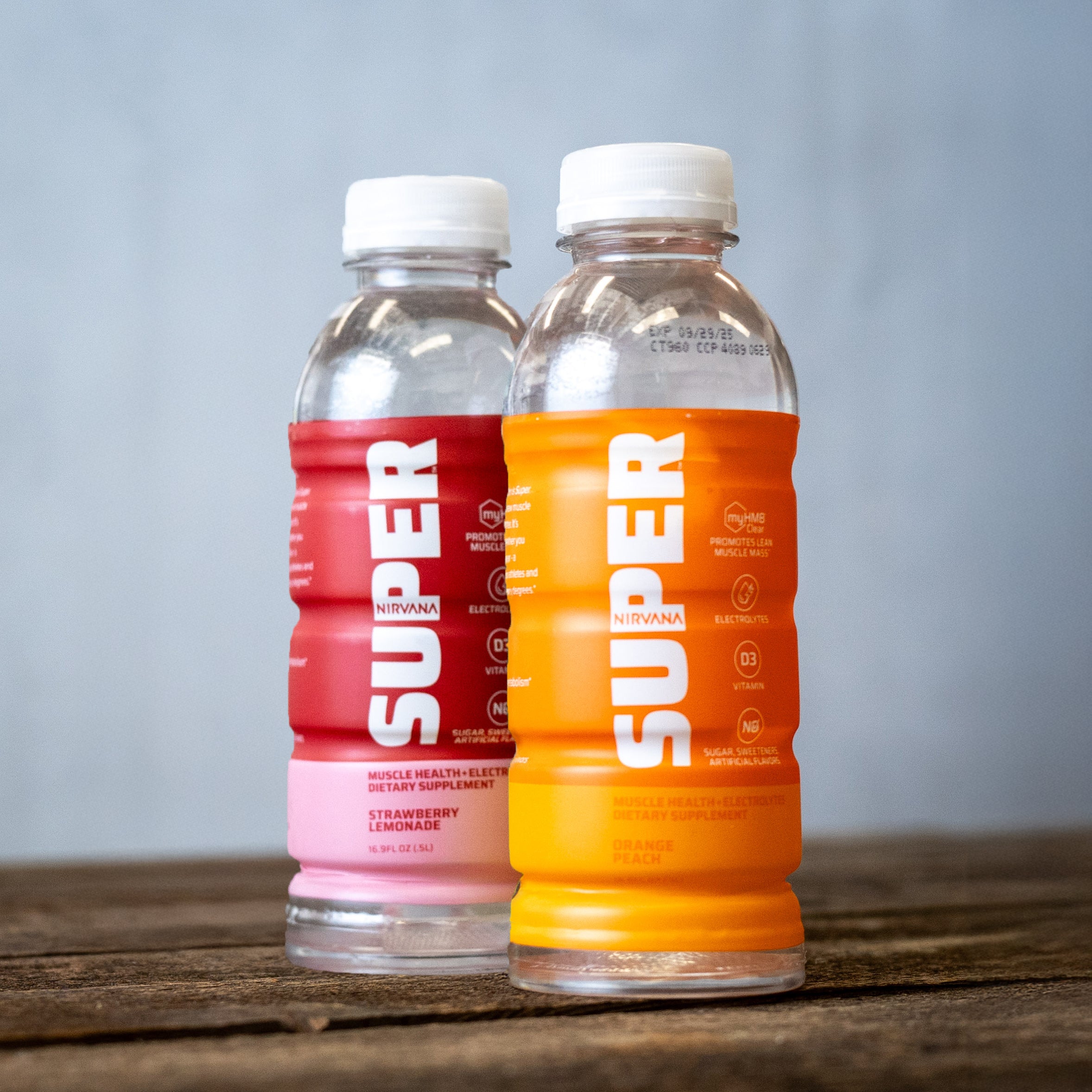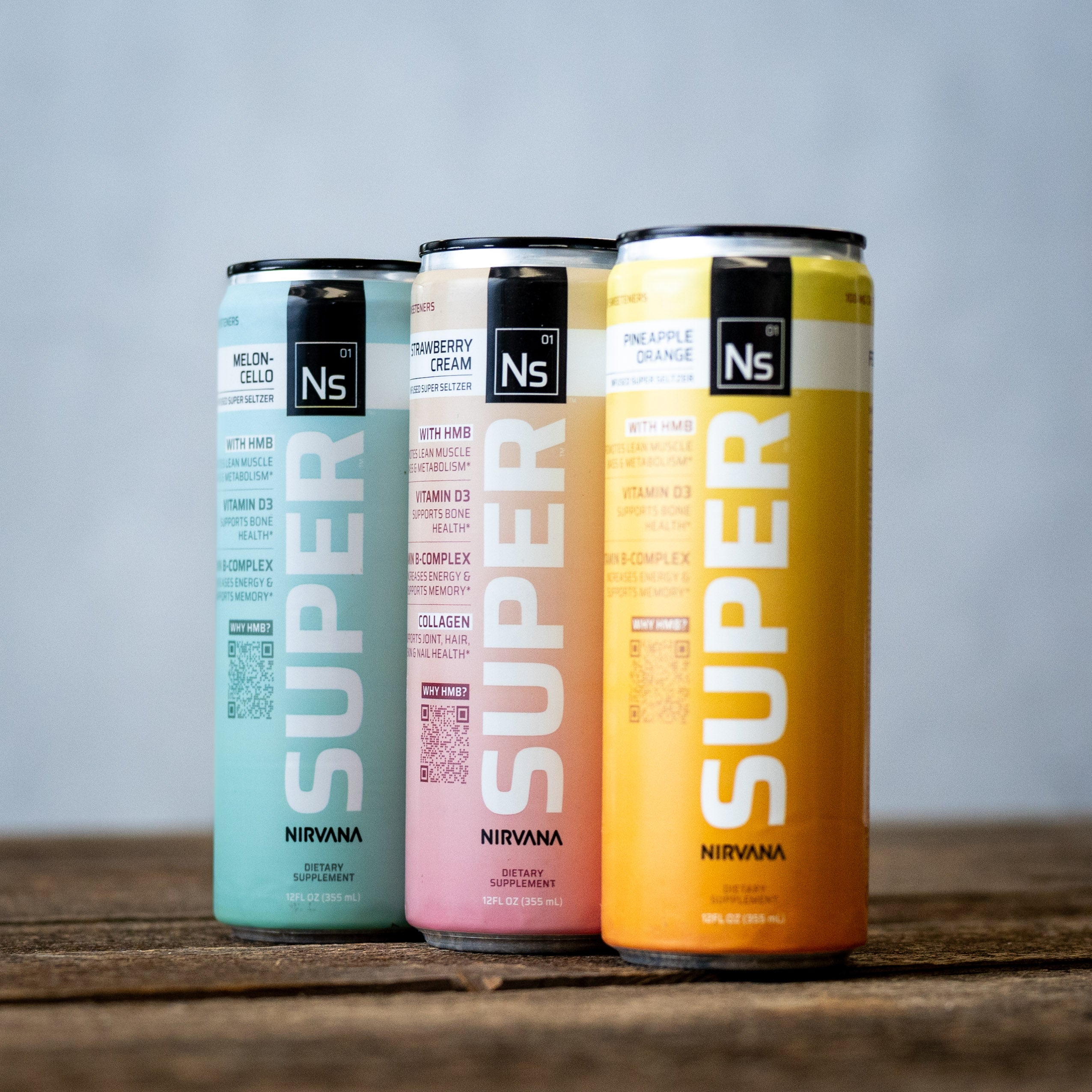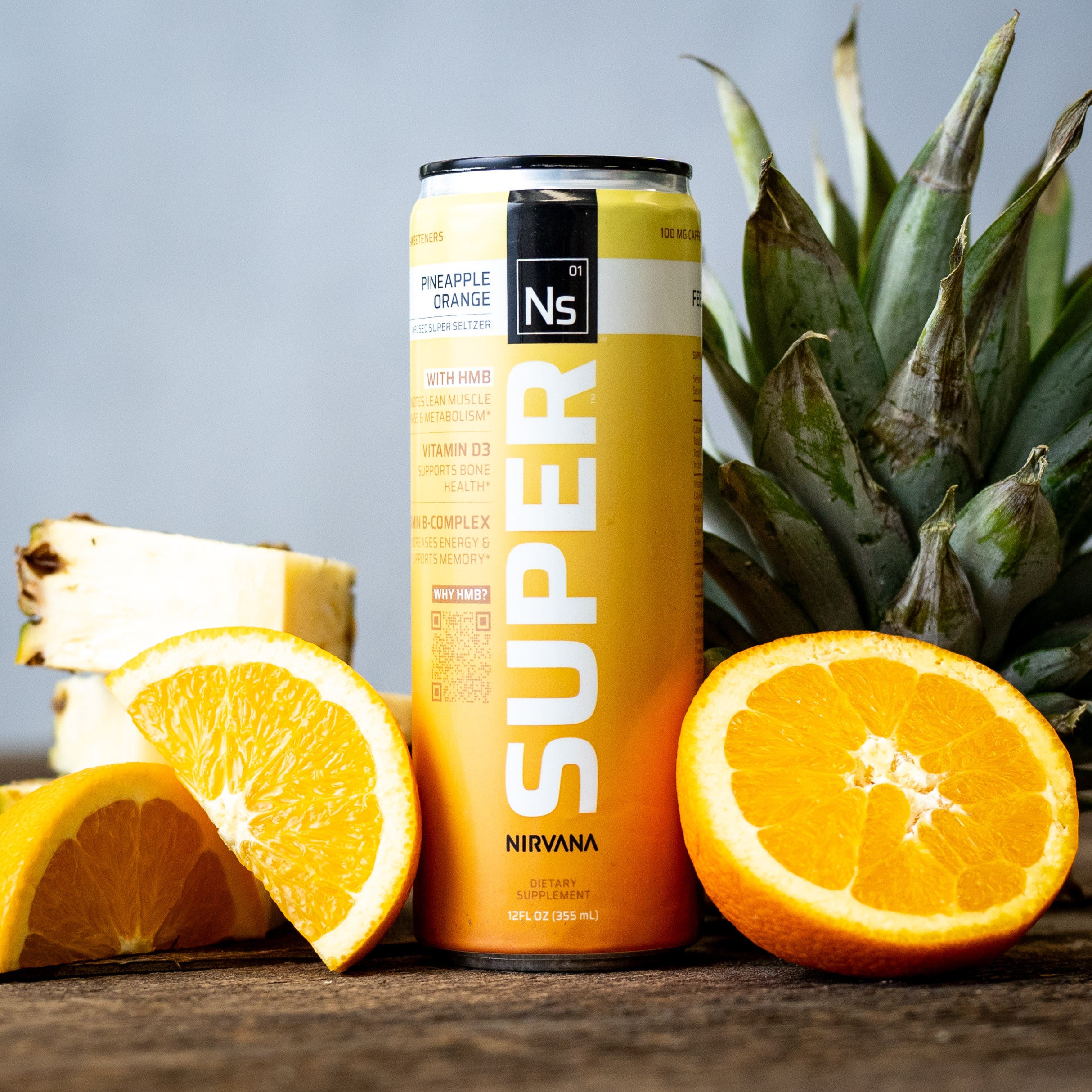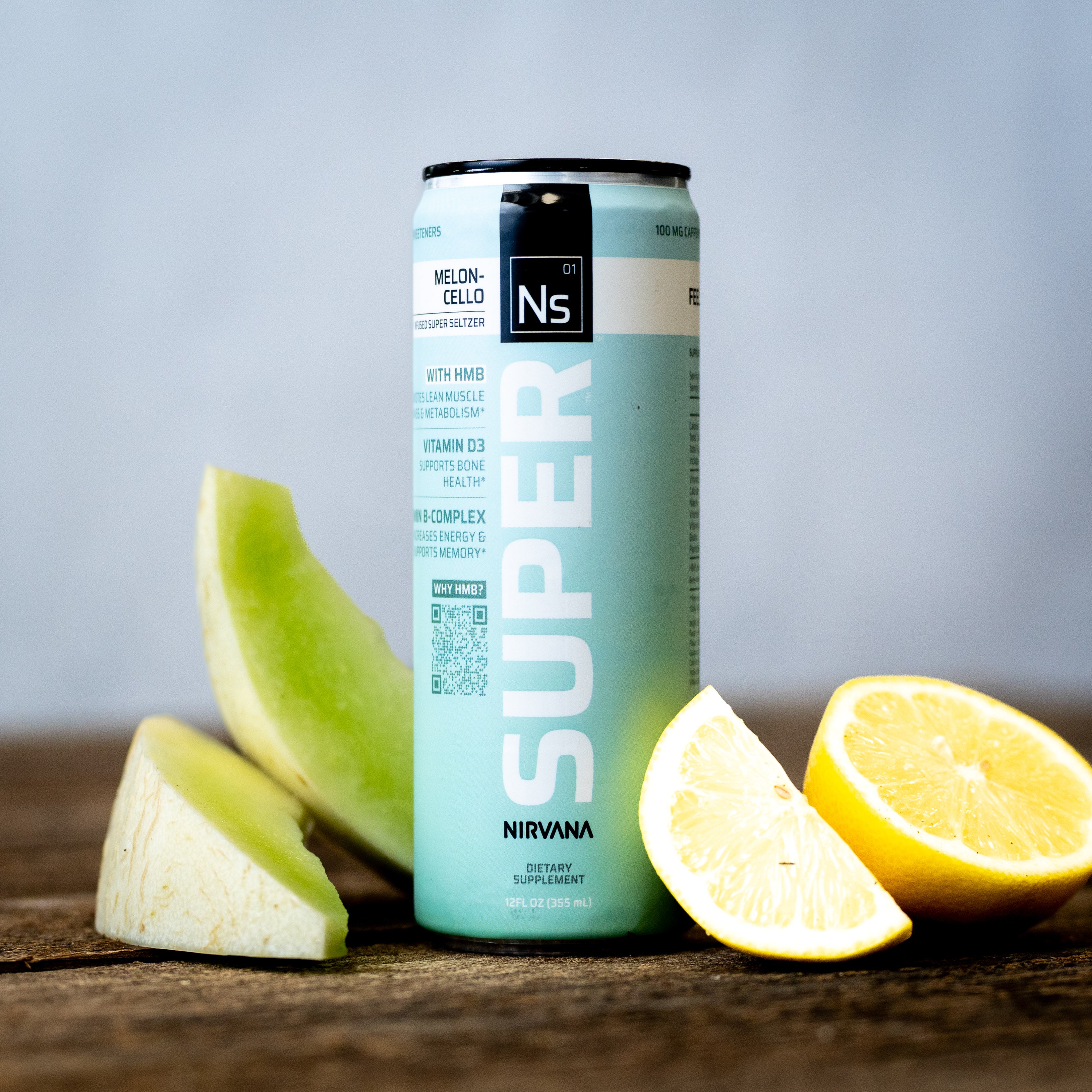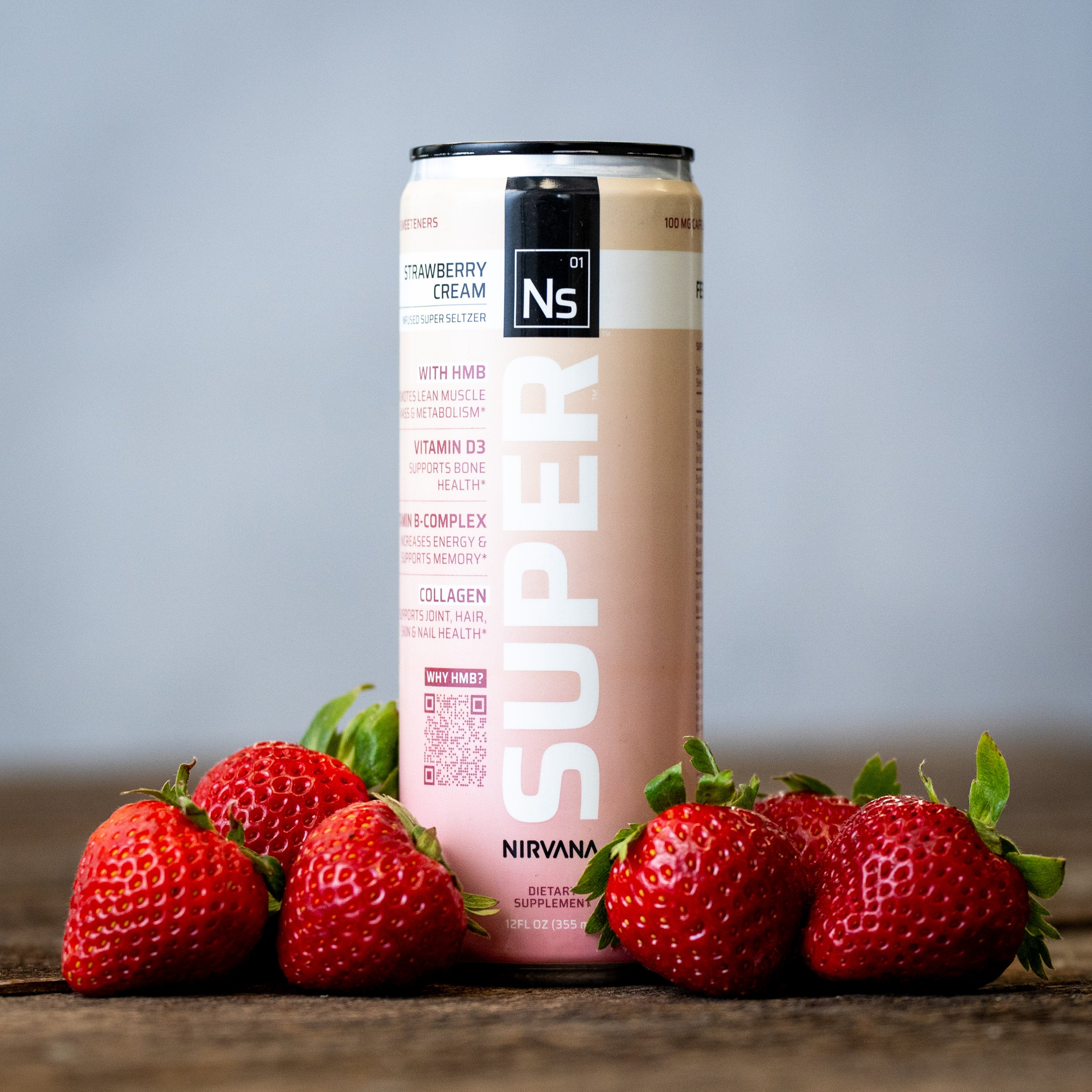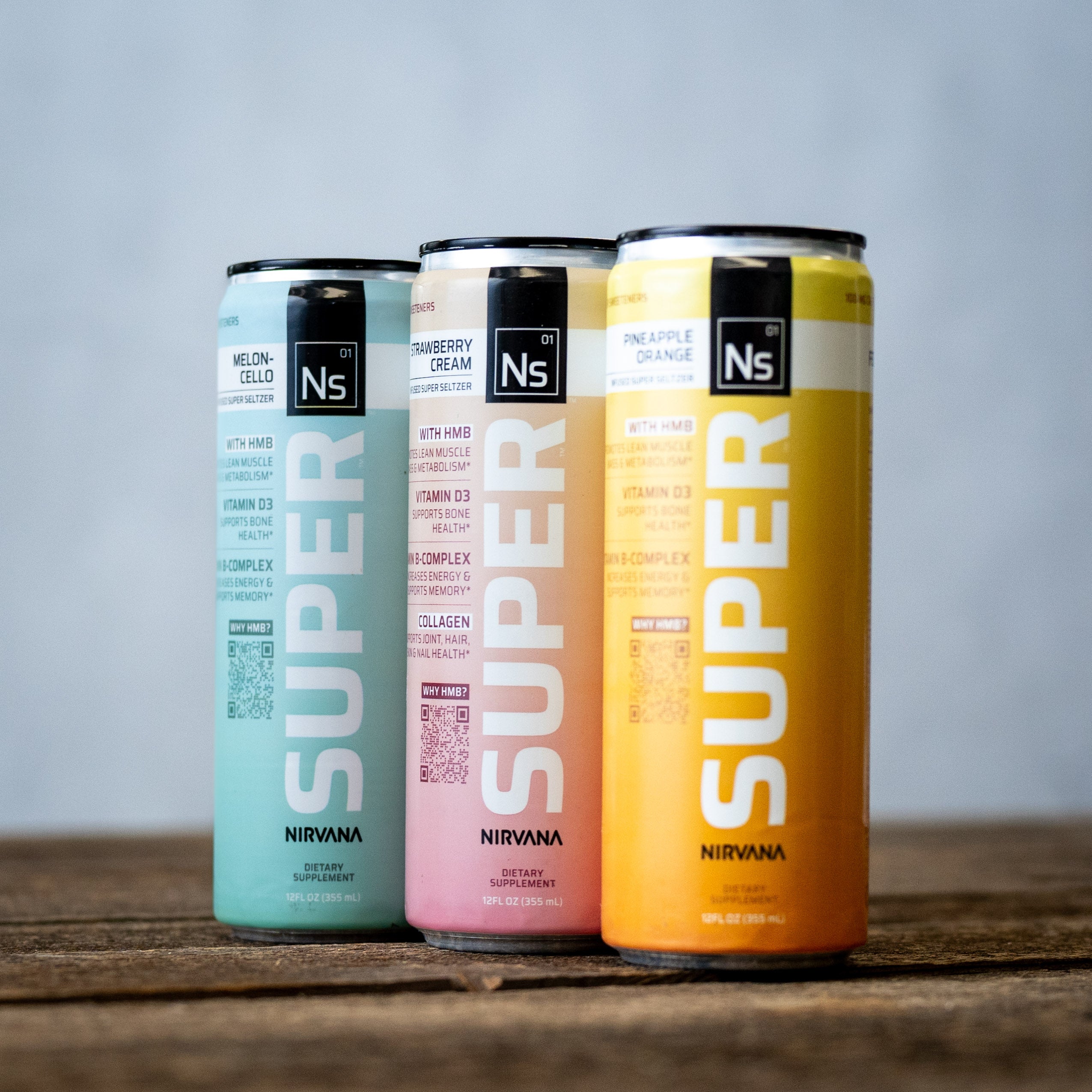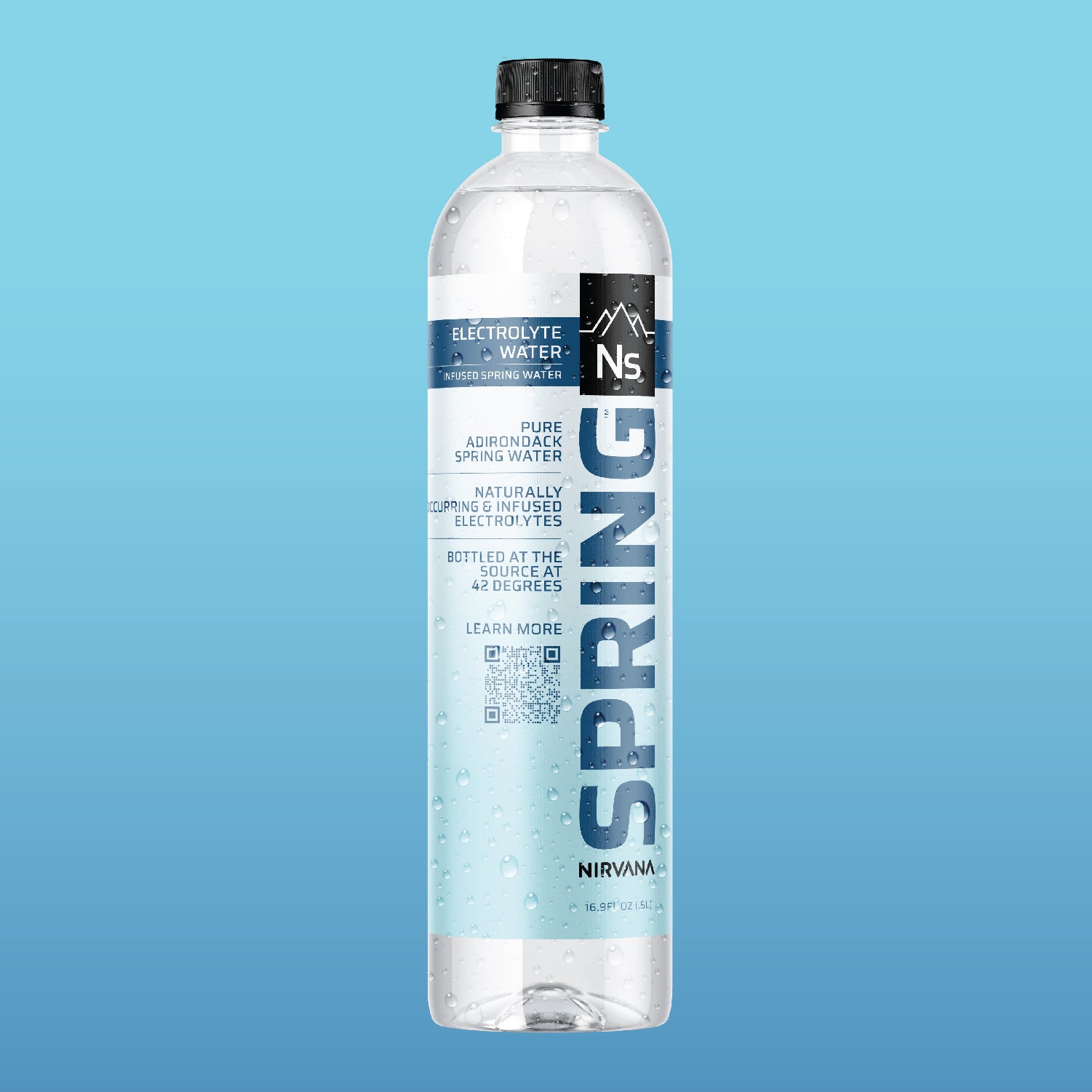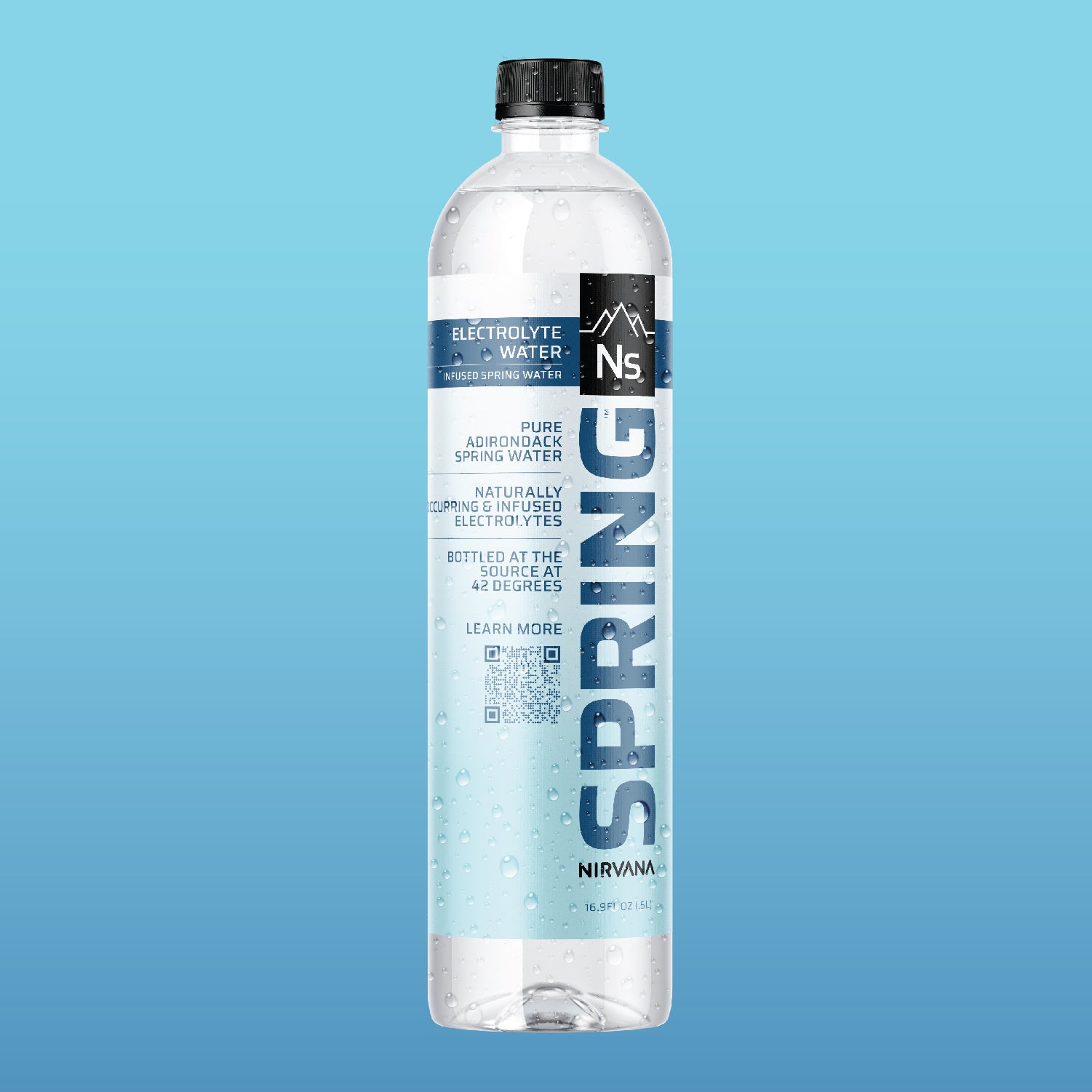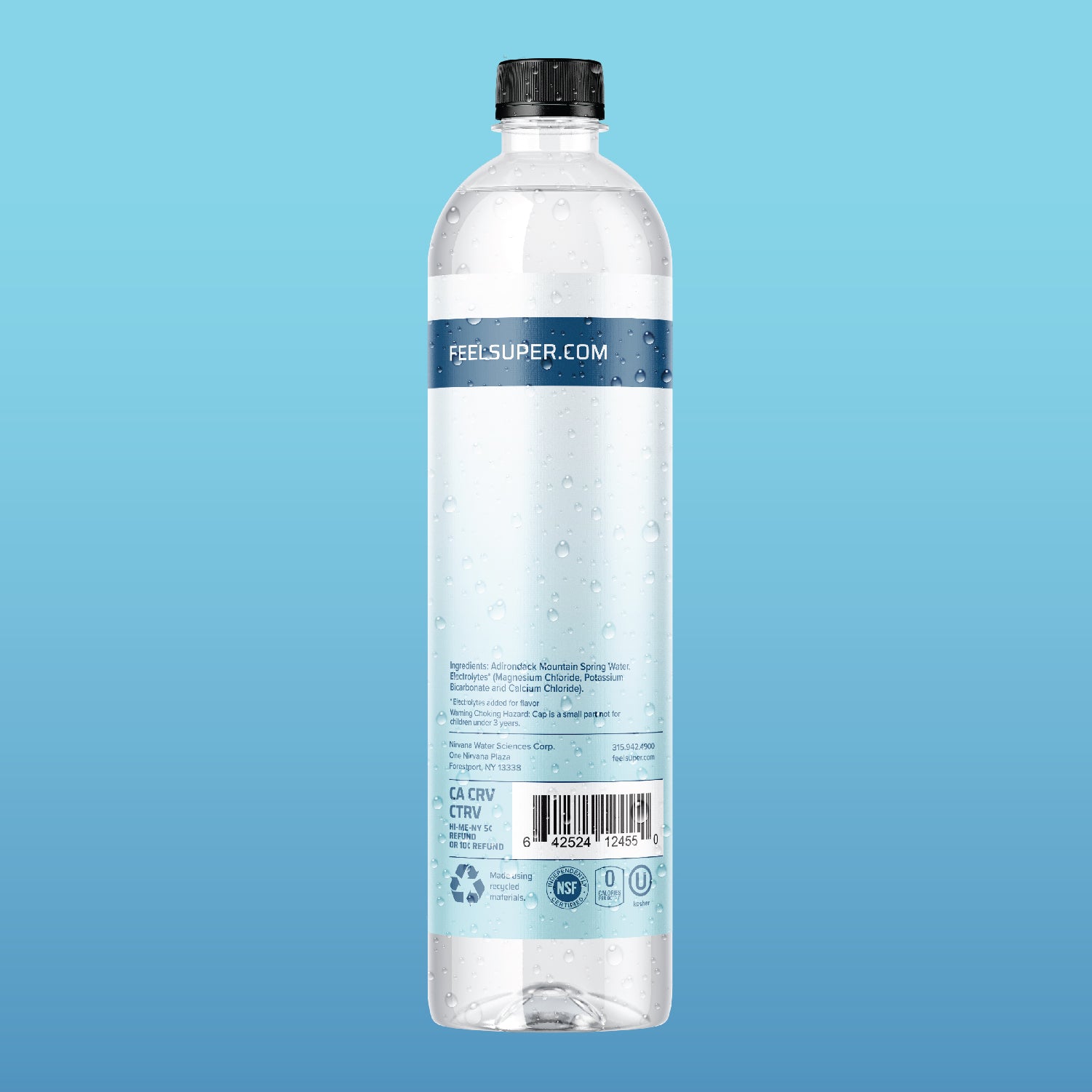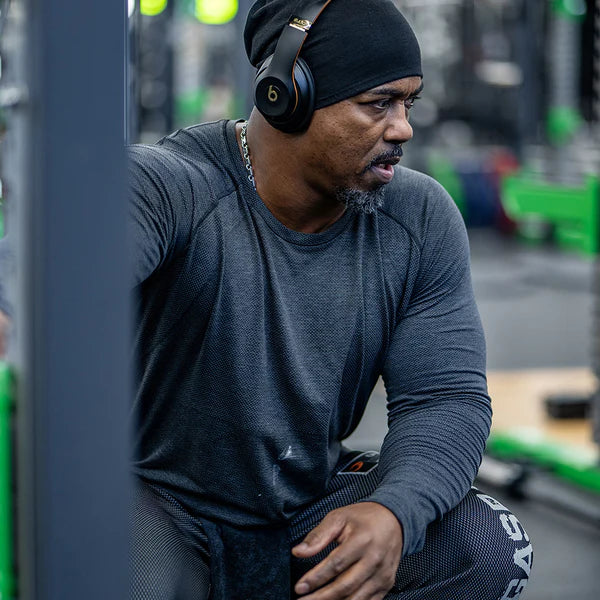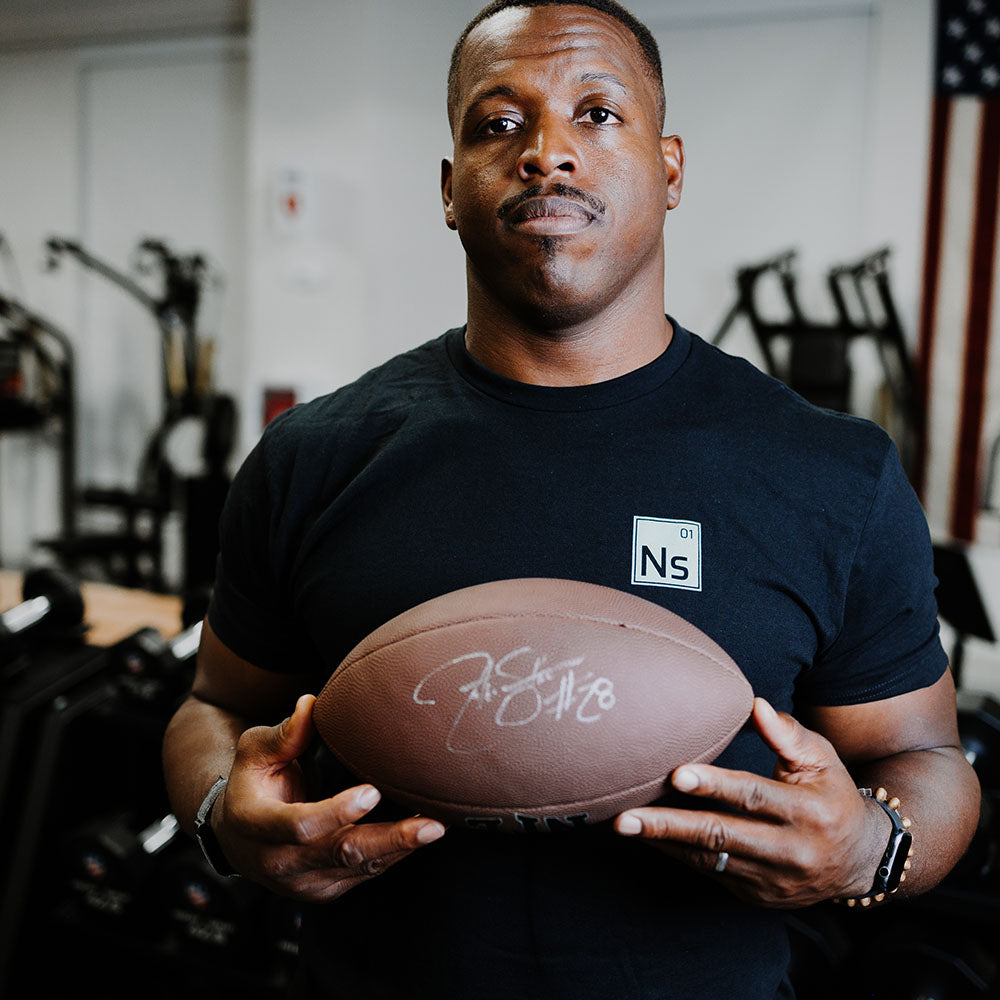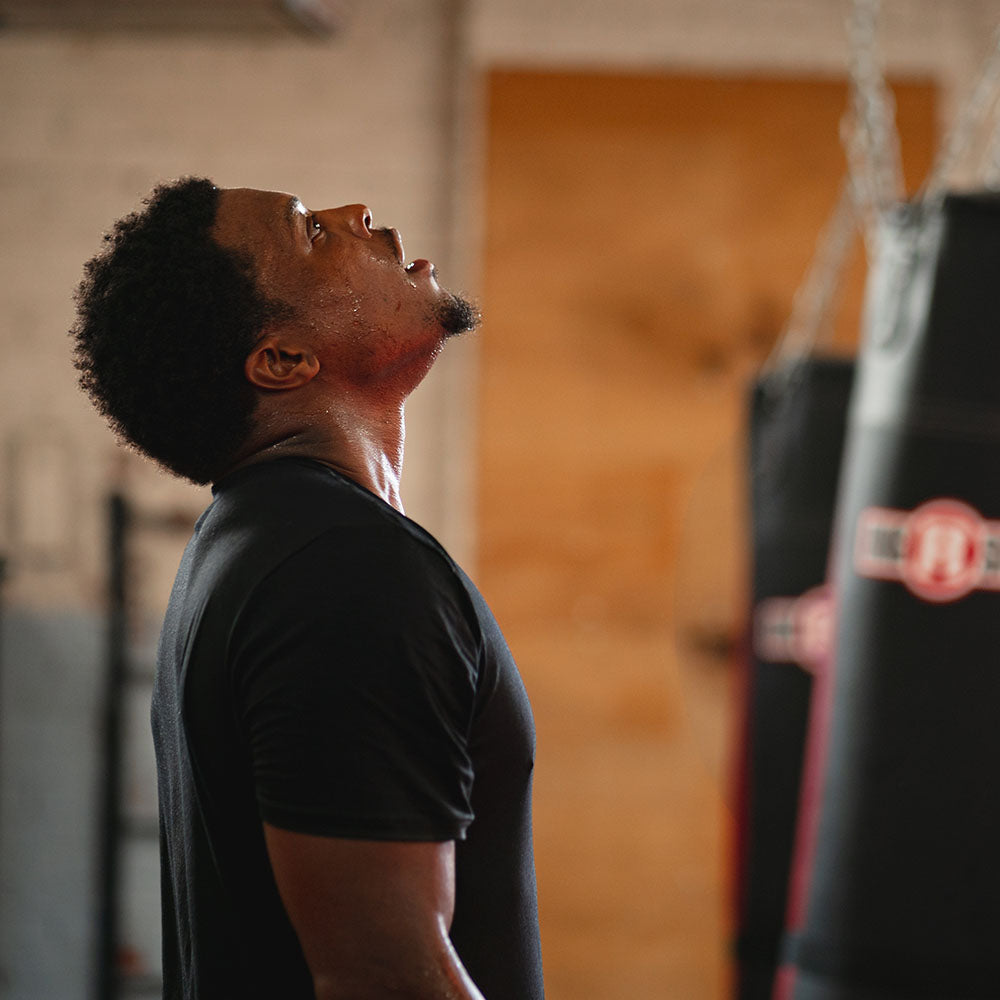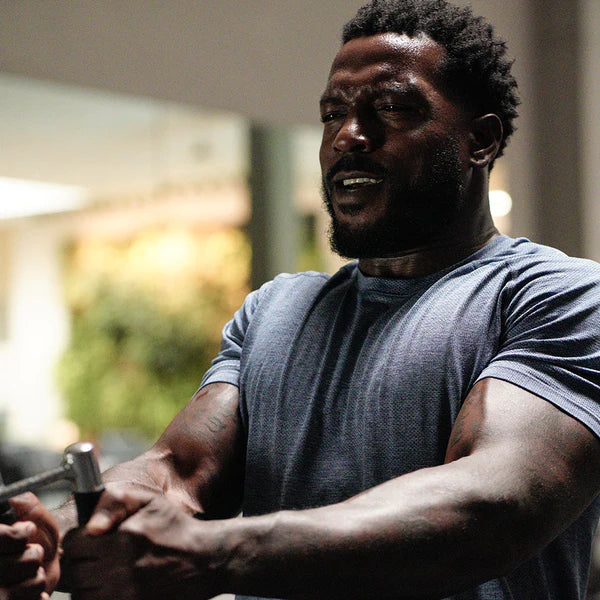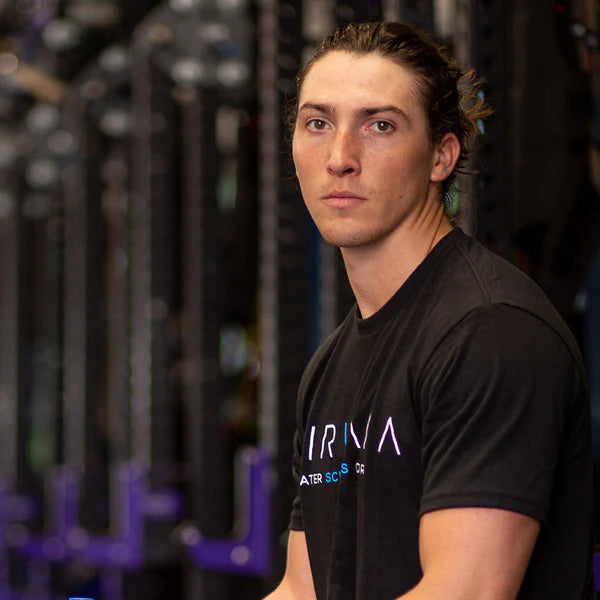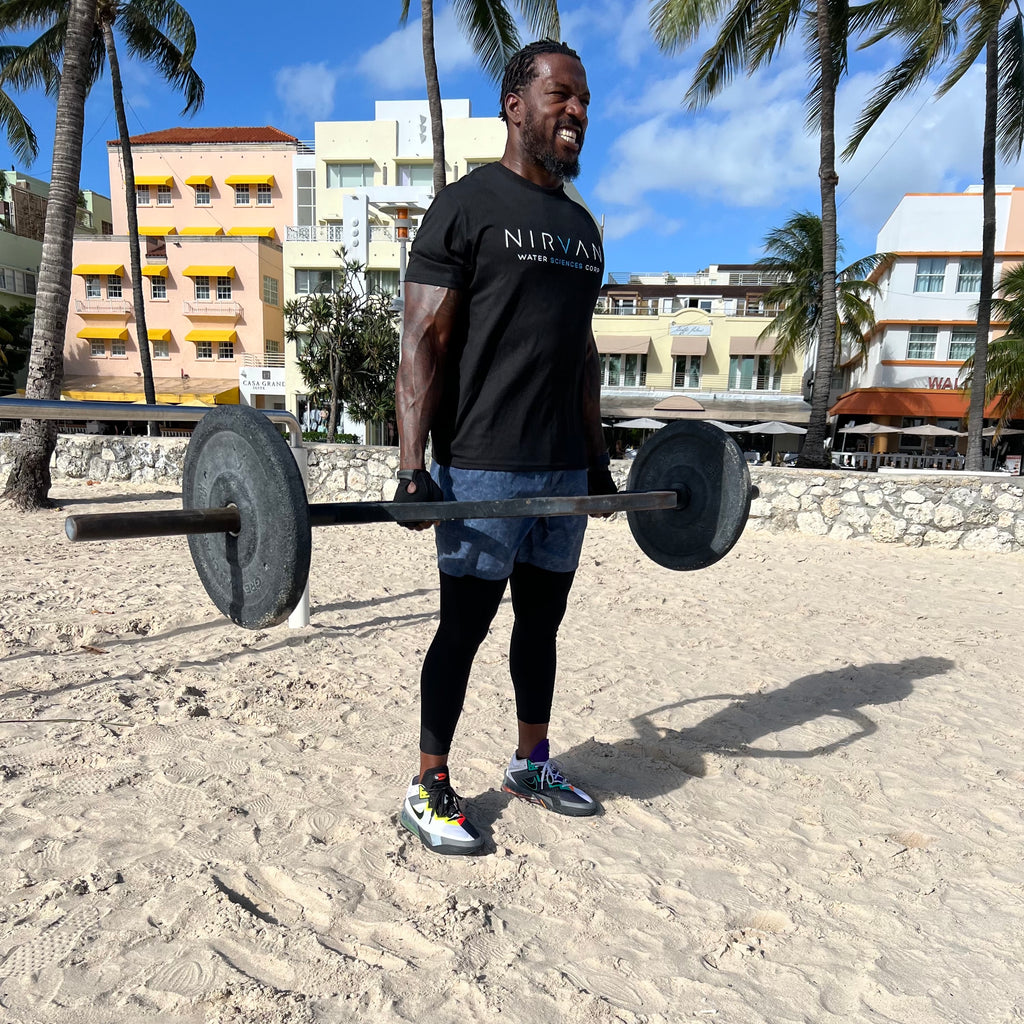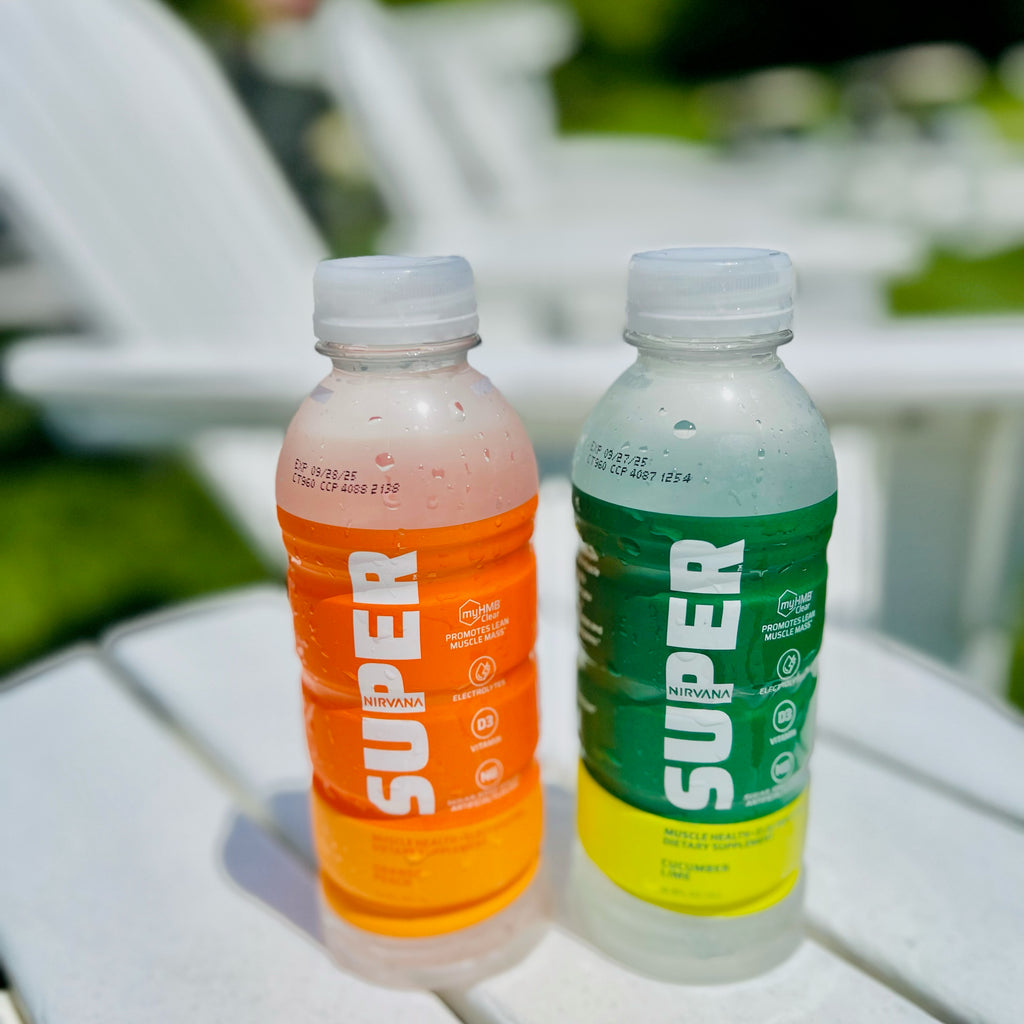How Much Protein Do You Need to Build Muscle?
Building muscle requires two key pieces: resistance training and adequate protein consumption.
But what does adequate really mean? In this blog, we’ll explain the science of muscle hypertrophy and help determine the right amount of protein you need to reach your goals.
Building Muscle: A Quick Biology Lesson
To fully understand what you need to do to build muscle, it’s helpful to understand how muscle growth happens in the first place.
Protein is the main component of muscles, which are in a constant cycle of protein synthesis and breakdown, a balancing act commonly referred to as protein turnover. Your body is constantly building new protein molecules and breaking down old ones, which helps them stay healthy and maintain their structure.
When the rate at which your body builds muscle protein is higher than the rate at which it breaks it down, muscle growth (hypertrophy) happens. However, if protein breaks down faster than it builds, then muscle breakdown happens.
Now, when you exercise (particularly weight training), your muscles come under high levels of stress and muscle fibers can become damaged. This is where protein consumption really comes into play: by eating plenty of protein, your body has all of the tools it needs to rebuild those muscle fibers. Having more protein in your system can trigger protein synthesis — in other words, the process of building protein molecules. Ultimately, this helps your immune system to heal your damaged muscles and build back stronger ones.
How much protein do you need to build muscle?
So now you know why protein is so important for making gains. Now, let’s talk about what this means for your diet!
The right amount of daily protein to build muscle is a hot topic in the health and fitness world and it's commonly believed “the more protein, the better” if you want to make gains. However, this isn’t necessarily true. While high-protein diets can help you reach your goals, for example, by keeping you full longer, research also shows that the amount of protein your body uses for muscle growth can eventually “cap out” at around 1.6 grams per kilogram of body weight.
So while getting plenty of protein is important, it isn’t necessary to eat huge amounts to see results. According to the American Academy of Sports Medicine, you should aim to eat somewhere between 1.2–1.7 grams of protein per kilogram of body weight. If you track your weight in pounds, this would translate to about 0.5–0.8 grams of protein per pound of body weight.
For example, if you weigh 180 pounds and are looking to put on muscle, you should aim to eat roughly 90-144 grams of protein daily, to help your muscles recover and rebuild from your workouts.
How supplements can help take your progress to the next level
In addition to getting protein from the food in your diet (meat, dairy, legumes, nuts, seeds) you can also take dietary supplements to increase your body’s ability to recover after a workout.
Protein supplements are an obvious option here. These supplements (which often come in forms like powder or bars) contain concentrated amounts of protein, making it easier for you to meet your daily protein goals. You can also find protein supplements made from a wide variety of sources like whey or peas, which can maximize your protein intake no matter what kind of diet you prescribe to.
But in addition to protein itself, you might also consider other muscle recovery supplements.
Protein molecules contain smaller molecules called amino acids. There are three amino acids in particular that are especially significant if you’re looking to build muscle: leucine, isoleucine, and valine. These three amino acids, which are collectively referred to as “branched-chain amino acids” or BCAAs, are believed to directly influence muscle protein synthesis.
Leucine is especially important here. Not only does leucine seem to trigger muscle protein synthesis, but it is also metabolized and turned into another compound called beta-hydroxy beta-methylbutyrate (HMB for short). This compound, which is sometimes fondly referred to as the “muscle guardian,” helps slow down the process of muscle protein breakdown. It also helps stimulate growth by directly promoting muscle protein synthesis. HMB is a key piece of the protein puzzle, to maximize growth and help you reach your goals.
If you’re interested in unlocking the benefits of HMB directly, consider adding a supplement like Nirvana Super™ Waters, Nirvana Super™ Seltzers, and Nirvana Super™ Shots to your routine!
Our innovative products contain myHMB® Clear, a multi-patented formulation that has been clinically proven to maximize muscle protein synthesis, improve muscle recovery and support lean muscle mass production. Our drinks also contain vitamins and electrolytes, which your body can use to recover from your toughest, hardest-hitting workouts.
The Bottom Line
If you want to build muscle, you need protein! Protein is foundational for healthy muscle tissue, so you need plenty of it to rebuild and recover after your workouts. Additionally, you can maximize your workout and recover time with HMB infused Nirvana Super™ Waters, Nirvana Super™ Seltzers, and Nirvana Super™ Shots!
Recommended reading
- Is it a leg cramp or something more?
- How much water should you drink daily?
- Dehydration causing cramps?
- Best muscle recovery foods.
- Tips to prevent & ease muscle cramps.
- Post-workout nutrition
- Foods for muscle & soreness recovery
- Foods that help with muscle cramps
